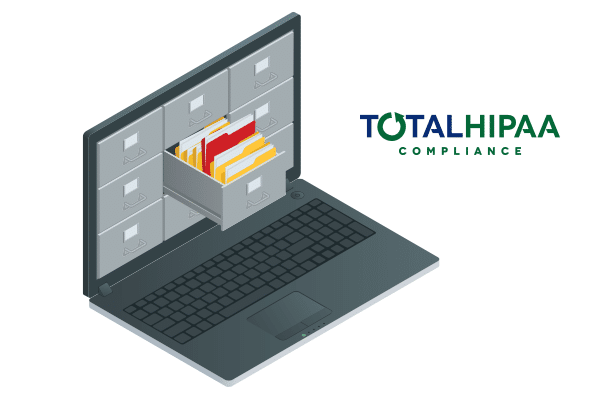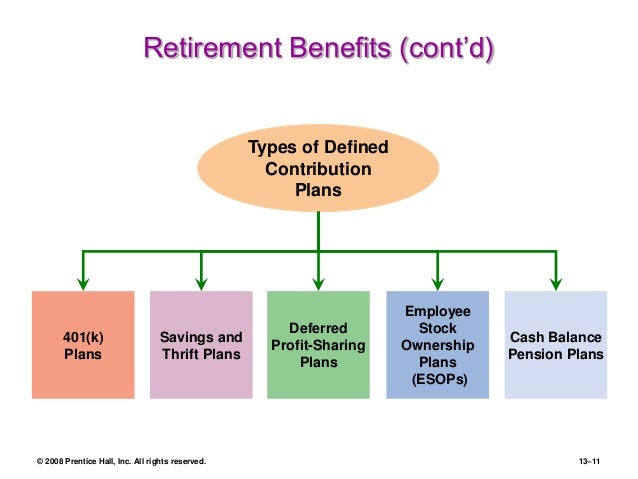breach of contract anticipatory breach of contract evidence required to show breach of contract types of exemption clauses protection against exemption clause legal Retentionrequirements. the access rule does not specify the form, manner or process by which an employer preserves a record so long as the information contained in the record is preserved and retrievable, except that chest x-ray films must be preserved in their original state. employee medical records.
Oshas Other Recordkeeping Standard Access To Employee


Meeting Osha Requirements On Employee Exposure And Medical
First aid records (not including medical histories) of one-time treatment and subsequent observation of minor scratches, cuts, burns, splinters, and the like which do not involve medical treatment, loss of consciousness, restriction of work or motion, or transfer to another job, if made on-site by a non-physician and if maintained separately from the employer's medical program and its records, and. Specifically, medical records, training records, and a sharps injuries log must be kept for every affected employee. each have their own required retention period before the records can be.
What monitoring is required? the hearing conservation program requires employers to monitor noise exposure levels in a way that accurately identifies employees exposed to noise at or above 85 decibels (db) averaged over 8 working hours, or an 8-hour time-weighted average (twa). employers must monitor all employees whose noise exposure is. California’s wage and hour laws rank among the toughest in the nation. when federal law sets a standard, california law often goes beyond that standard, requiring more of employers here. with dual sets of regulations, it make compliance challenging for california employers. this section explains federal and state wage and hour laws.
Employee medical records include the following: medical and employment questionnaires or histories. results of medical examinations and laboratory tests. medical opinions, diagnoses, progress notes, and recommendations. first-aid records. descriptions of treatments and prescriptions. what types of medical records are employers required to retain employee medical complaints. The genetic information nondiscrimination act (gina) also requires employers to keep employee medical records confidential. gina prohibits employers from requesting or requiring that employees provide genetic information. Federal record retention requirements and relevant laws by number of employees. this chart identifies federal requirements for record-keeping and retention of employee files and other employment-related records. some of the requirements apply to most or all employers while others apply to government contractors and subcontractors.
Hearing Conservation
Clarifying the hipaa retention requirements.

Oklahoma Medical Board
Jan 15, 2018 · in florida, physicians must maintain medical records for five years after the last patient contact, whereas hospitals must maintain them for seven years. in nevada, healthcare providers are required to maintain medical records for a minimum of five years, or in the case of a minor until the patient has reached twenty-three years of age. of the employer and no one else the employer is generally required to make payments on a monthly basis, but this depends on the local requirements what type of pay is this applied to ? this is not This standard regulates all these records, regardless of whether or not any other specific osha standard also applies most of those standards explicitly direct employers to comply with this standard’s recordkeeping requirements. employers must keep records of exposures and medical monitoring of each “toxic substance or harmful physical agent” in the workplace.
The health insurance portability and accountability act of 1996 (hipaa) requires employers to protect employee medical records as confidential; medical records what types of medical records are employers required to retain should be stored separately and apart from other business records. never store employee medical records in the employee’s general personnel file. Types of records. although the department of labor has not issued detailed guidance on the records that must be maintained, its general guidance refers to journals, ledgers, checks, invoices, bank statements, contracts, agreements, vouchers, worksheets, receipts, claim records, payrolls, and applicable resolutions. The net medical expenses tax offset is no longer available from 1 july 2019. evidence you need to keep for previous income years, from 2015–16 to 2018–19, may include: receipts or other documents to show the medical expenses you are claiming for example, payment for prosthetics or a wheelchair.
Osha regulation section 1910. 1020 requires employers to retain employee exposure or employee medical records relating to employee exposure to certain hazards. this section applies to each general industry, maritime, and construction employer who makes, maintains, contracts for, or has what types of medical records are employers required to retain access to employee exposure or medical records, or analyses thereof, pertaining to employees exposed to toxic substances or harmful physical agents (emphasis added). The subtle distinction between hipaa medical records retention and hipaa record retention can cause confusion when discussing hipaa retention requirements. this article aims to clarify what records need to be retained under hipaa, and what other retention requirements covered entities should consider.
The five types of employee records all employers must keep p ersonnel recordkeeping is the first line of defense against employee lawsuits. employers who have failed to keep proper personnel records could be subject to legal action due to the fact that they don’t have any documentation to disprove any allegations. Aside from public liability insurance, you can also find other types of cover for your business: employers’ liability: employers’ liability cover is to protect you against legal costs if an employee is injured, gets ill, or their property gets damaged as a result of your business. it’s legally required if your business employs others. The family medical leave act (“fmla”) provides that covered employers shall make, keep and preserve records pertaining to their obligations under the fmla. the regulation found at 29 cfr 825. 500 sets forth the recordkeeping requirements arising under the fmla. 1. What records are required? when what types of medical records are employers required to retain another osha standard (such as osha’s regulated carcinogen standard) requires an employer to create chemical exposure and medical records, this standard requires the employer to keep chemical exposure and medical records for each of the following types of employee: current employee.
A first class medical is required for pilots who exercise airline transport pilot (atp) privileges; that is, those flying scheduled airliners and other pilots whose employers require this level of certification. a first class medical is valid for atp privileges for twelve months for pilots under age 40. This webpage discusses basic elements of informed consent that are required by the common rule (45 cfr 46, subpart a) and that are relevant to genomics. it also provides sample language that can be used as a guide when crafting informed consent forms. practitioners and physicians normally make rounds and several retain everlasting nursing residence careers as full-time staff members there are also lots of non-clinical retirement residence positions these types of as receptionists, accounting, managerial, foodstuff assistance and maintenance what skills do you need for nursing dwelling work ? qualifications for these positions range what types of medical records are employers required to retain from the significant school diploma or ged to your professional medical diploma most healthcare assisted living and retirement residence Osha—employee medical removal records, lead : the employer shall maintain each medical removal record for at least the duration of an employee’s employment. 29 cfr 1910. 1025 (n) (3) (iii) 29 cfr 1915. 1025: outpatient drug clams—pharmacist participating in drug use review (dur) program and electronic claims management system.
Private employers must retain such records for one year from the date of making the record or the personnel action involved, whichever occurs later, but in the case of involuntary termination of an employee, they must retain the terminated employee's personnel or employment records for one year from the date of termination. Each of these files includes personal employee information for your employer records. and each has a specific retention period that must be adhered to for your organization to stay in compliance with state and federal record retention requirements. your job as a human resources records manager starts before you actually hire anyone. could recover only 70 percent of the damages what exactly are the types of liability pays for damages to the property of others, caused by you or

The latest news and commentary on workplace and employment. find free resources on labor insights, working conditions, and people management software. If, however, the employer receives such information inadvertently or pursuant to one of the strict exceptions to the law, the employer must keep it in separate, confidential files. some state laws also provide special protections for employee medical records. these laws may limit the way such records can be used or the people who can view them.